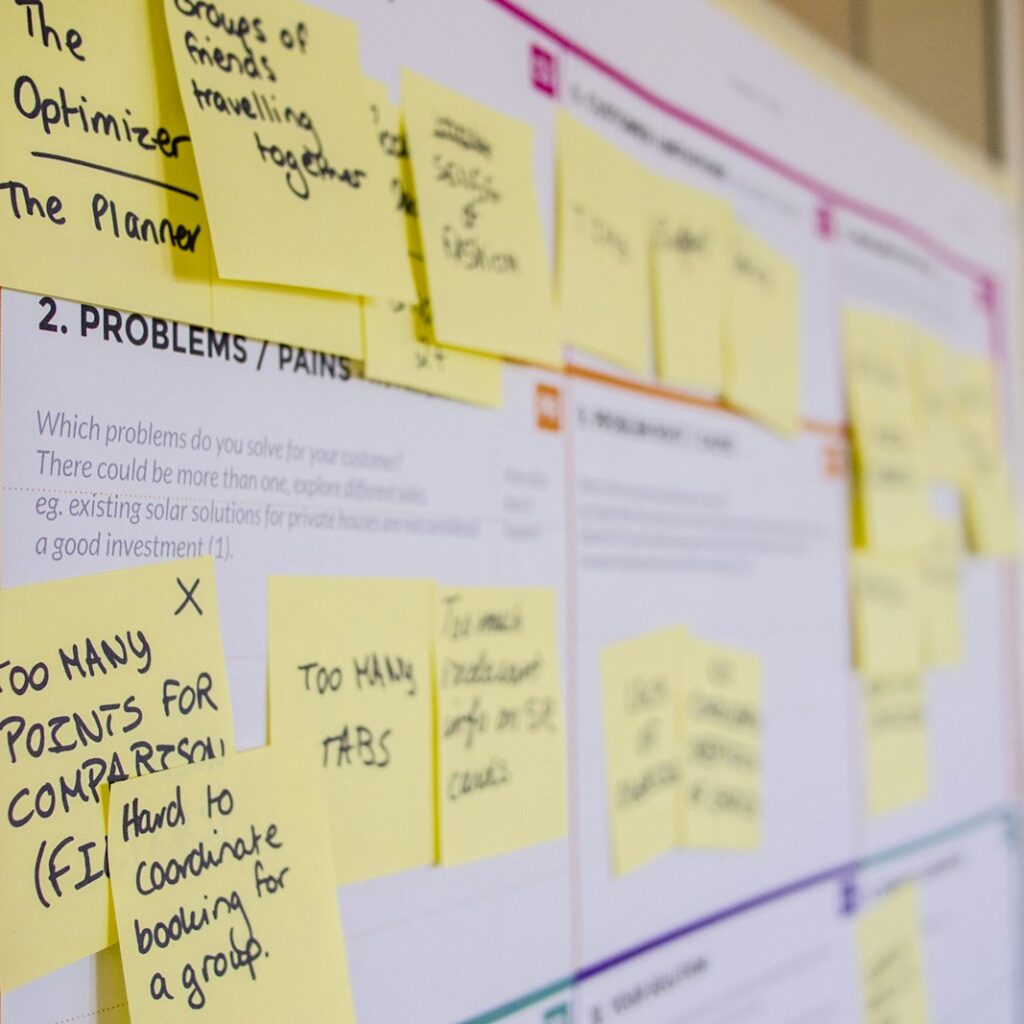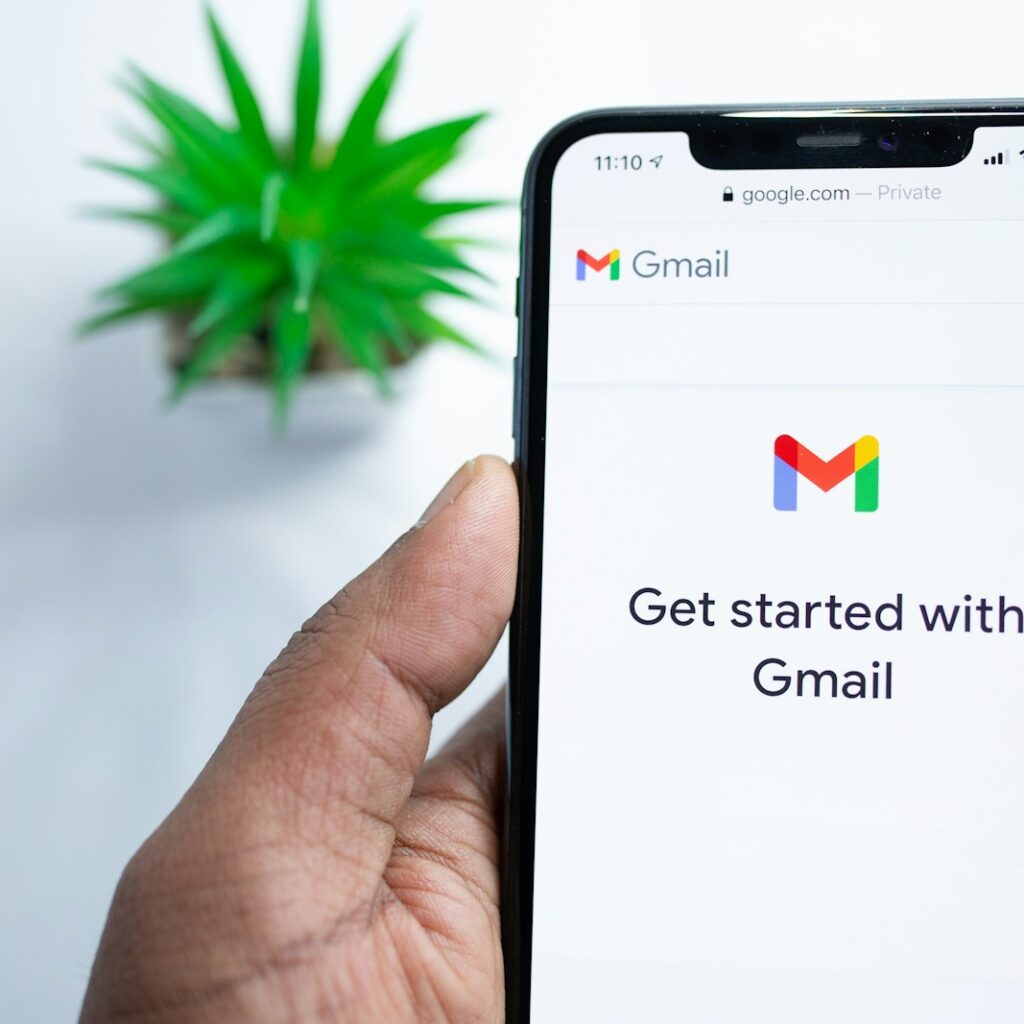1. Optimize Your Website for Conversions
- Why It Matters: Your website is your virtual storefront. A well-designed, user-friendly website can turn visitors into guests.
- Tip: Make sure your site is fast, mobile-friendly, easy to navigate, and has clear calls to action (like booking buttons). Also, consider adding guest testimonials and trust signals.
- Actionable Step: Review your website’s user experience (UX) and consider implementing A/B testing for your booking engine to boost conversions.


2. Invest in SEO (Search Engine Optimization)
- Why It Matters: SEO helps your hotel appear in search results when potential guests are looking for accommodation in your area.
- Tip: Optimize your website with relevant keywords (e.g., “luxury hotel in [city name]”) and create quality content (such as blogs, guides, or local area information).
- Actionable Step: Conduct a keyword audit to identify opportunities for optimization and focus on building high-quality backlinks to improve your site’s authority.


3. Leverage Social Media Marketing
- Why It Matters: Social media is a powerful tool for reaching potential guests, building brand awareness, and driving traffic to your booking page.
- Tip: Post engaging content that highlights your property’s unique features, local attractions, and guest experiences. Use paid ads to target specific audiences.
- Actionable Step: Run a social media campaign showcasing real guest experiences, promotions, or behind-the-scenes content to connect emotionally with potential guests.


4. Engage with Online Reviews & Reputation Management
- Why It Matters: Positive online reviews and a strong reputation can significantly influence a guest’s decision to book at your hotel.
- Tip: Encourage guests to leave reviews on platforms like TripAdvisor, Google Reviews, and OTAs. Respond to reviews—both positive and negative—to show your commitment to guest satisfaction.
- Actionable Step: Set up a system to request reviews post-stay and create templates for responses to both positive and negative feedback.


5. Utilize OTAs and Metasearch Engines
- Why It Matters: Online Travel Agents (OTAs) and metasearch engines like Google Hotel Ads can drive significant traffic to your hotel’s booking engine.
- Tip: Ensure your property is listed on major OTAs, and optimize your listings by uploading high-quality photos, detailed descriptions, and competitive pricing.
- Actionable Step: Regularly monitor your OTA performance, adjust pricing, and consider investing in sponsored listings or metasearch engines to increase visibility.


6. Run Targeted Paid Ads (PPC and Retargeting)
- Why It Matters: Paid ads can bring immediate visibility to your hotel and target potential guests who may not have found you organically.
- Tip: Invest in pay-per-click (PPC) advertising campaigns on platforms like Google Ads or Facebook. Retarget visitors who checked your website but didn’t book.
- Actionable Step: Set up Google Ads campaigns with location-based targeting and remarketing ads to bring previous site visitors back to your booking page.


7. Create Engaging Content Marketing Campaigns
- Why It Matters: Engaging content, such as blogs, videos, and guides, can attract organic traffic and increase the chances of conversion.
- Tip: Develop content that showcases your destination, local experiences, or hotel amenities. Partner with local influencers or travel bloggers to expand your reach.
- Actionable Step: Start a blog on your website with travel tips, local events, or behind-the-scenes stories, and share it across your social media channels.


8. Implement Email Marketing Campaigns
- Why It Matters: Email marketing is a cost-effective way to nurture leads, promote offers, and re-engage previous guests.
- Tip: Build segmented email lists for targeted campaigns, such as loyalty programs, seasonal promotions, or special events.
- Actionable Step: Create an email marketing schedule and use personalized emails (like welcome emails, booking confirmations, or post-departure thank-yous) to keep guests engaged.


9. Offer Exclusive Online Promotions
- Why It Matters: Offering exclusive online promotions can incentivize direct bookings and drive more traffic to your website.
- Tip: Promote online-only discounts, packages, or added value (like free breakfast, spa discounts, or free upgrades) on your website and social channels.
- Actionable Step: Create a special online-only offer and highlight it on your homepage or during the booking process to encourage conversions.


10. Monitor and Analyze Your Online Performance
- Why It Matters: Continuous monitoring allows you to adjust strategies in real-time for better performance and ROI.
- Tip: Use tools like Google Analytics, social media insights, and OTA performance reports to track your online activity and adjust strategies accordingly.
- Actionable Step: Set up a monthly performance review to analyze traffic sources, conversion rates, and the success of your marketing efforts.




